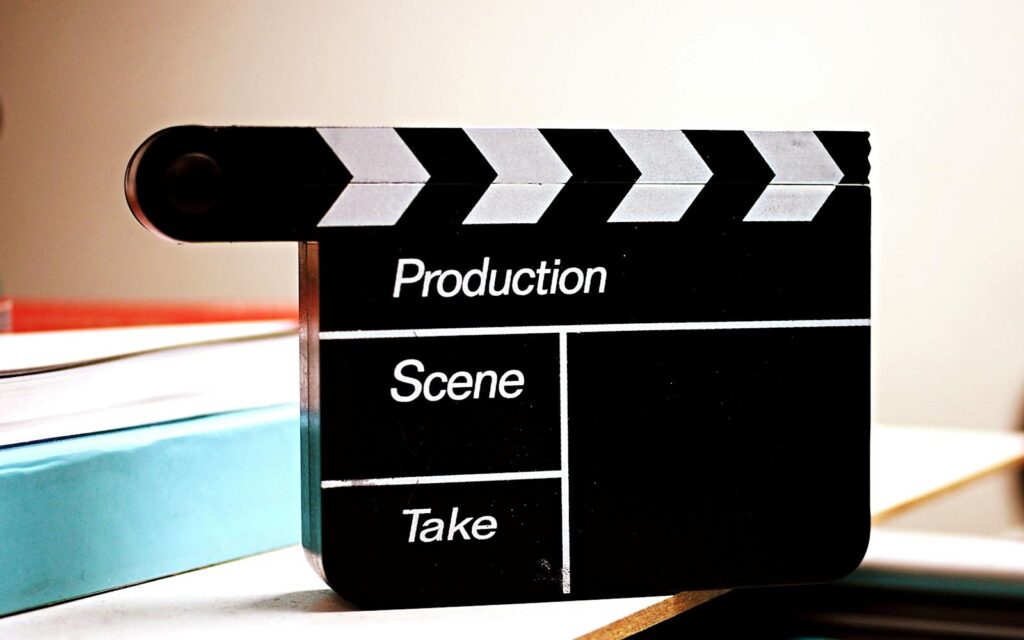
Hollywood, the land of dreams and dazzling lights, often presents an image of glitz, glamour, and endless possibilities. It’s a place where stars are born, careers soar, and legends are made. Yet, beneath this shimmering facade lies a cutthroat industry where reputations can be shattered in an instant, and even the most beloved superstars can find themselves on the outside looking in, all thanks to scandal. The history of Tinseltown is, after all, as full of drama off-screen as it is on.
We’re talking about those moments when the spotlight abruptly shifted from accolades to accusations, from red-carpet glory to career-ending controversies. From shocking allegations of misconduct to deeply divisive public statements, Hollywood has a long memory when it comes to those who cross certain lines. The industry’s ‘blacklist’ isn’t just a relic of the past; it’s a very real force that can bring even the highest-flying careers crashing down to earth.
Today, we’re taking a deep dive into the lives of some of these prominent figures who learned the hard way that fame comes with intense scrutiny, and scandal often leads to an almost irreversible exile from the very industry that made them. Get ready to explore the compelling, sometimes unsettling, stories of superstars who were, for various reasons, effectively kicked out of Hollywood.
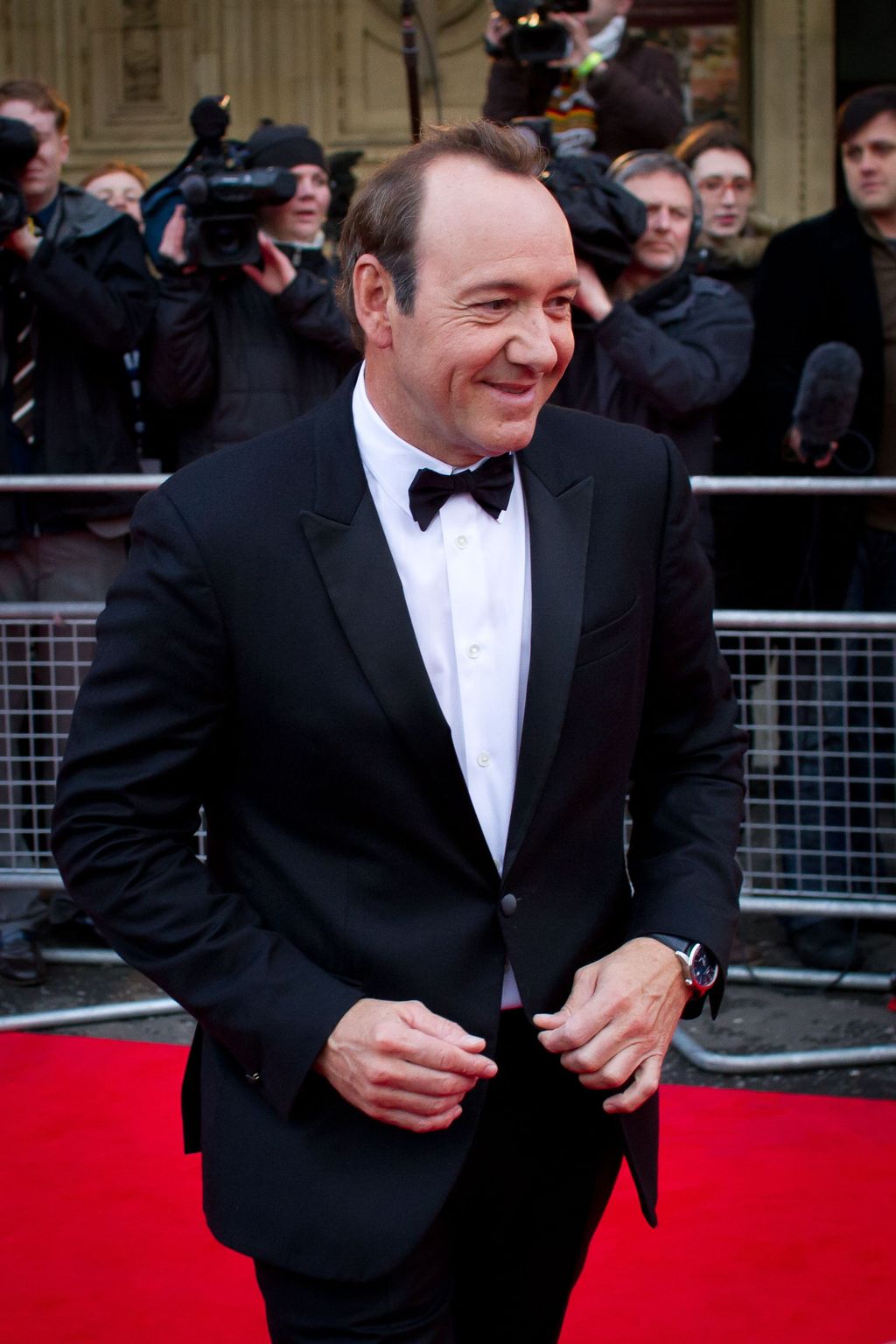
1. **Kevin Spacey: From Award-Winner to Outcast** Kevin Spacey was once a titan of the acting world, a revered figure with two Oscars under his belt, untold millions in earnings, and the widespread respect of his colleagues and fans globally. His performances in acclaimed films like “Seven,” “The Usual Suspects,” and “American Beauty,” along with his magnetic presence in the critically acclaimed series “House of Cards,” solidified his status as one of the greatest actors of his generation. For years, he seemed untouchable, a true Hollywood icon at the pinnacle of his craft.
However, this seemingly unassailable career came to a dramatic and abrupt halt in 2017. The scandal train came crashing into Spacey when actor Anthony Rapp bravely came forward, claiming Spacey had sexually assaulted him decades earlier when Rapp was underage. This initial accusation opened the floodgates, leading other actors to step forward with similar claims of misconduct. The fallout was immediate and devastating, effectively ending his active career in Hollywood.
Spacey’s attempts at damage control, including finally coming out as gay – as if that could serve as a viable defense for his alleged actions – were met with outrage, particularly from the LGBTQ community. He was swiftly fired from “House of Cards,” with the show’s final season famously proceeding without him. His scenes were reshot in Ridley Scott’s “All the Money in the World,” where he was replaced by Christopher Plummer at the last minute. Though he was acquitted of seven counts of sexual assault and two other sexually related charges in 2023, his career has struggled to mount any kind of comeback, leaving him a stark example of a Hollywood icon’s dramatic fall from grace.
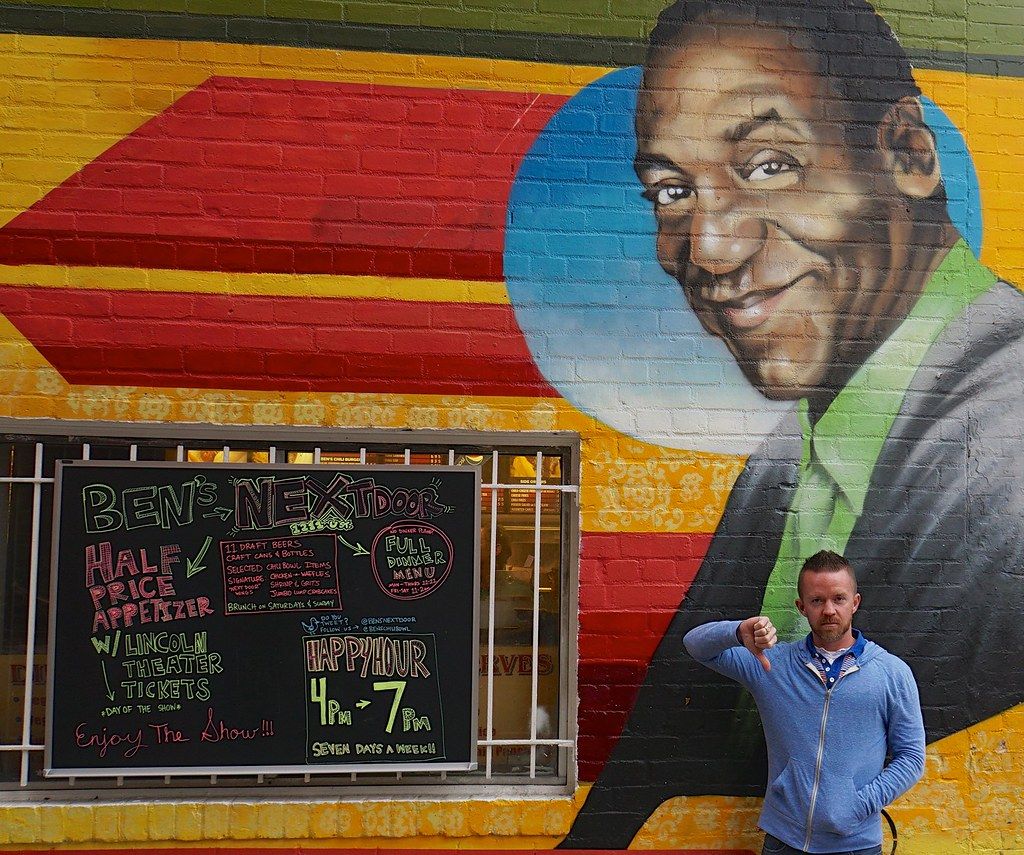
2. **Bill Cosby: The Fall of ‘America’s Dad’** Few public figures have experienced a harder or swifter fall from grace than Bill Cosby, once affectionately known as “America’s Dad.” For decades, Cosby was a beloved comedian and actor, whose hit show “The Cosby Show” resonated with audiences across racial lines, making him a household name and a symbol of wholesome family entertainment. His image was one of integrity and warmth, making his eventual unraveling all the more shocking.
The first cracks in this carefully constructed persona appeared in 2014 when comedian Hannibal Buress used his standup routine to call attention to long-whispered allegations of Cosby’s misbehavior. This public spotlight triggered a wave of women coming forward, many claiming Cosby had drugged and/or sexually assaulted them over several decades, often during the height of his fame. These accounts revealed a predatory streak that stood in stark contrast to his public image.
Cosby was eventually jailed in 2018 in his native Pennsylvania, although the state supreme court ordered him freed in 2021. Despite his release from behind bars, the damage to his reputation and career is irreversible. It’s all but certain that Bill Cosby will never work in Hollywood again, a tragic end for a man who once held such a prominent and cherished place in American culture. His story serves as a chilling reminder of how deeply hidden secrets can eventually surface, no matter how powerful the individual.
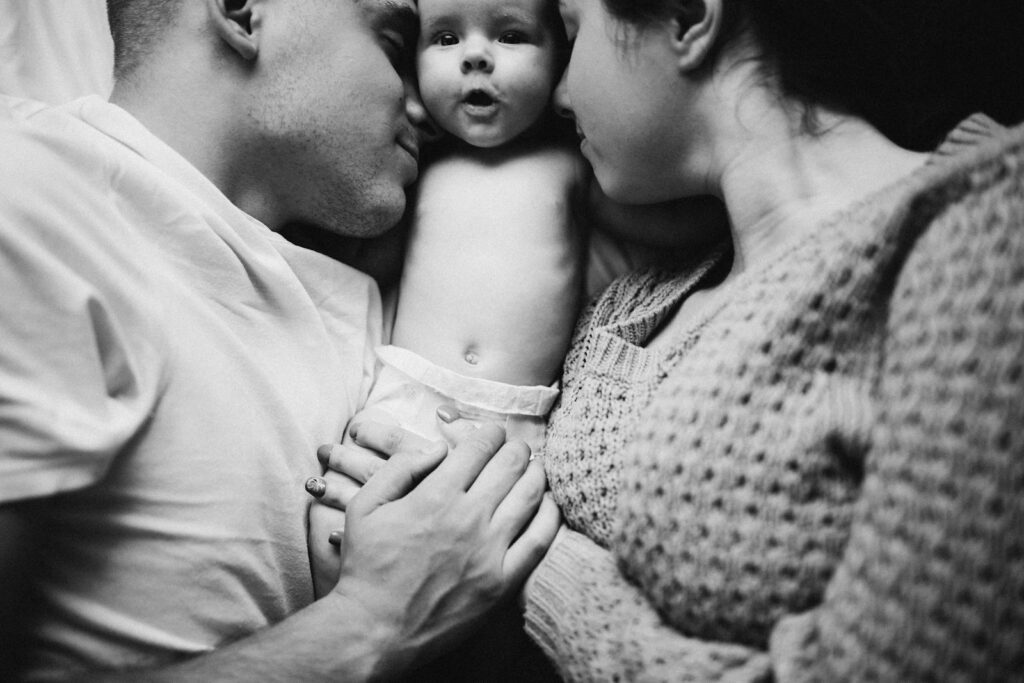
3. **Roman Polanski: A Filmmaker’s Exile** Roman Polanski, the Polish filmmaker, made an undeniable splash in Hollywood, crafting cinematic masterpieces that secured his reputation as one of the great immigrant filmmakers of the post-studio era. Films like “Rosemary’s Baby” and “Chinatown” showcased his exceptional talent and unique vision, earning him critical acclaim and a significant place in film history. His early career in America was marked by both professional triumphs and profound personal tragedy, with his wife Sharon Tate murdered by the Manson family shortly after his arrival in Los Angeles.
However, Polanski’s promising American career took a dark turn in 1977. He was convicted of drugging and raping a 13-year-old girl. Before he could be jailed for the crime, Polanski fled the United States, becoming a fugitive from American justice. This act of evasion permanently severed his direct ties with Hollywood and the American legal system.
Despite being blacklisted in the U.S., Polanski continued to make films in Europe, some of which, like the Oscar-winning Holocaust memoir “The Pianist,” garnered significant international recognition. Nevertheless, the shadow of his past continues to loom large; he knows that if he ever returns to America, he will be arrested. His ongoing exile highlights the lasting consequences of his actions and the inability of Hollywood to fully forgive or forget.
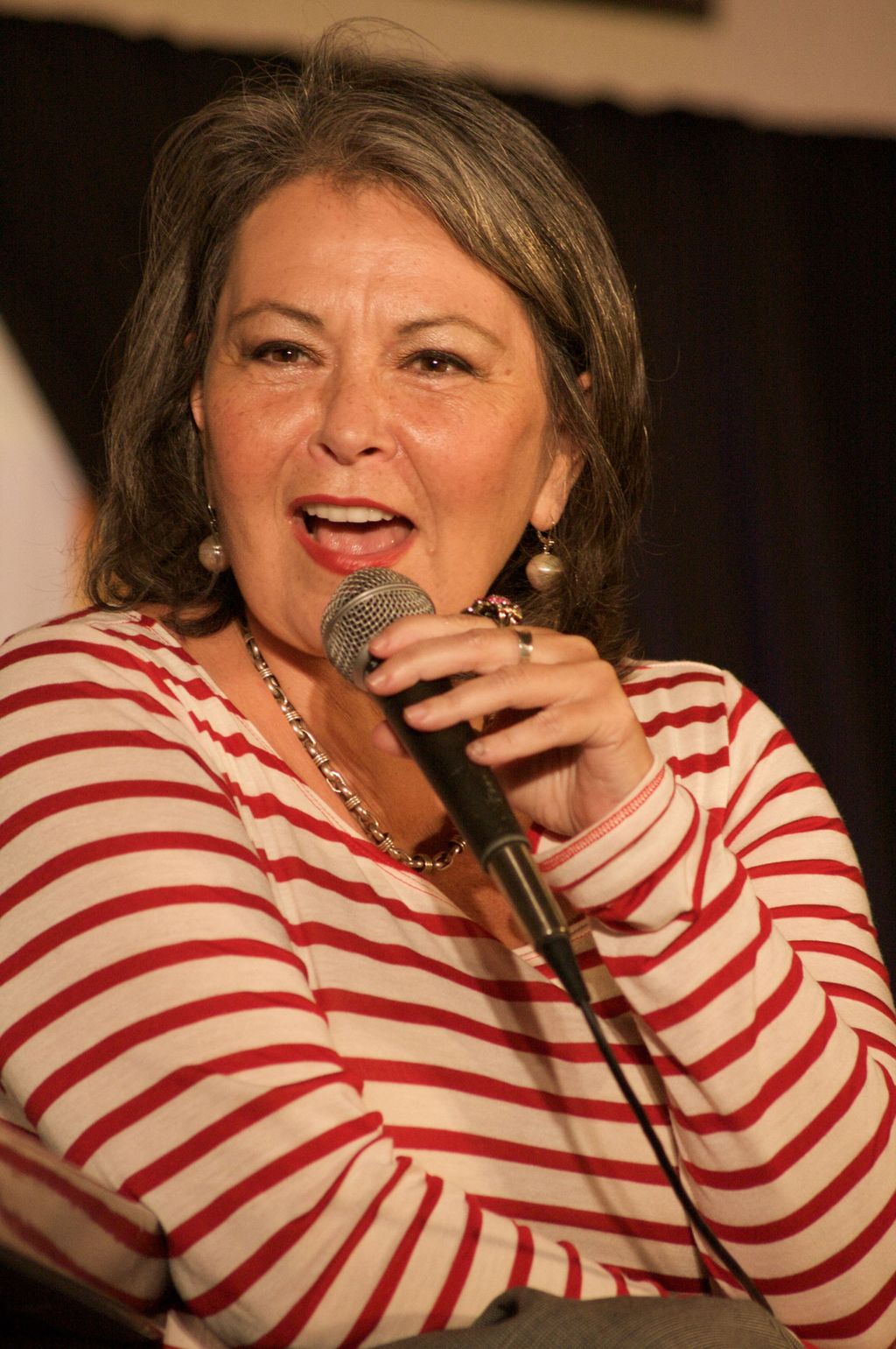
4. **Roseanne Barr: A Tweet Too Far** Roseanne Barr carved out a unique and powerful niche for herself in Hollywood, particularly by portraying working-class women with authenticity and a sharp wit. Her popular sitcom “Roseanne,” which ran from 1988 to 1997, became a cultural phenomenon, celebrated for its realistic depiction of family life. In 2018, when Barr was 65, the show was revived to much fanfare, with the Season 10 premiere drawing an astonishing 27.26 million viewers. The future looked incredibly bright, and a quick renewal for another season seemed to cement her triumphant return.
Tragically, this impressive comeback was brought crashing down by a single, now-deleted tweet. Barr posted a controversial and racist message on X (then Twitter) targeting Valerie Jarrett, a senior adviser to President Barack Obama. The backlash was immediate and severe, drawing widespread condemnation from peers, including her “Roseanne” co-star Sara Gilbert.
Although Barr posted an apology and shut down her X account, ABC swiftly reversed its decision to renew “Roseanne” Season 11. The network quickly re-envisioned the show as “The Conners,” with Barr’s fictional character, Roseanne Conner, written out as deceased. In a later interview, Barr maintained that her tweet was a political statement, not racist, but the damage was done. She hasn’t acted since, proving that in today’s hyper-connected world, a public figure’s words can have devastating and irreversible career consequences.
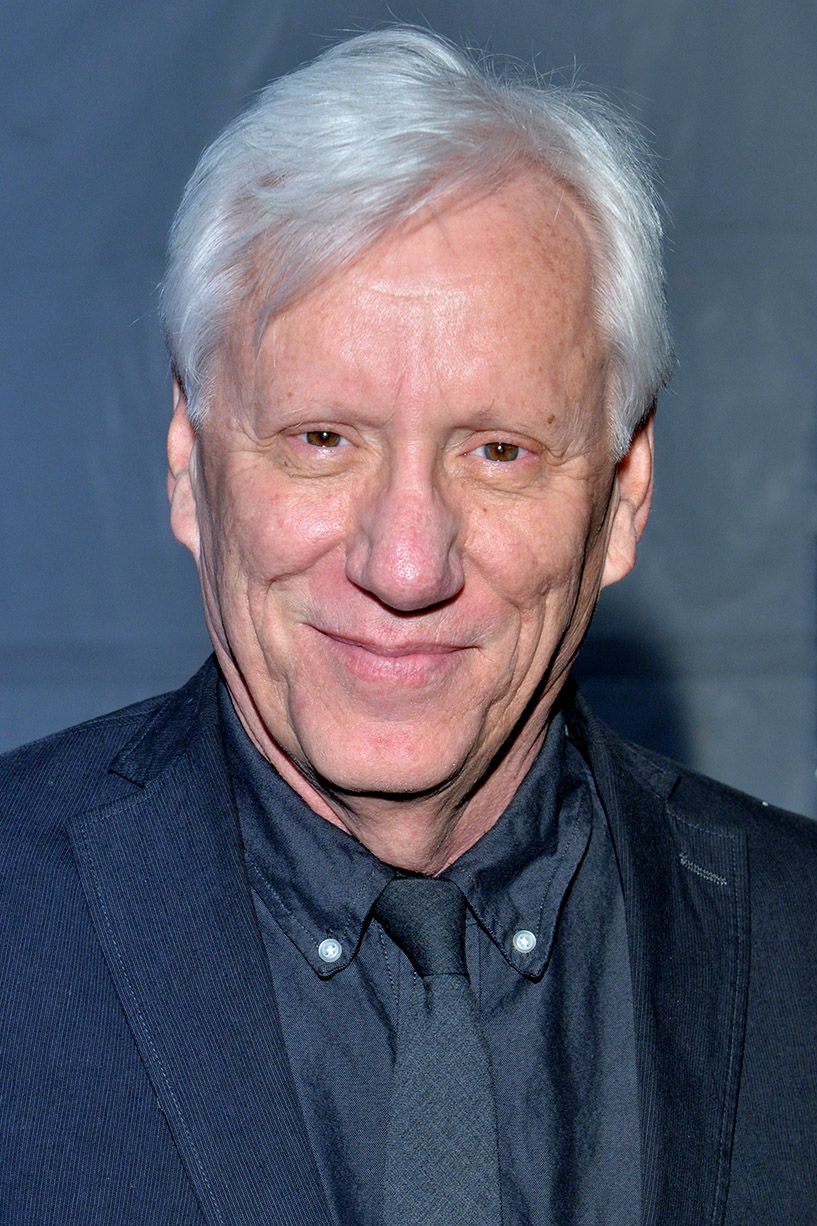
5. **James Woods: Twitter’s Conservative Crusader** James Woods enjoyed a long, varied, and often acclaimed career in Hollywood, demonstrating his versatility by playing everything from tough cops to creepy bad guys, and earning two Oscar nominations along the way. For decades, he was a respected presence on screen, known for his intense performances and distinctive voice. His career seemed robust, until the advent of social media, specifically Twitter, entered the picture and became a platform for his outspoken political views.
Woods, who has never been shy about voicing his conservative beliefs in what is largely perceived as liberal Hollywood, took to Twitter with increasing frequency to express his displeasure with figures like Hillary Clinton and other darlings of the left. His strong opinions and sometimes aggressive posts led to him being temporarily banned from tweeting on more than one occasion. While freedom of speech is a fundamental right, Hollywood often operates with its own unspoken rules regarding public personas.
His fervent online activism, however, appears to have come at a significant cost to his acting career. Over time, acting work for the veteran thespian has mostly dried up, a situation that, ironically, has seemingly only fueled his public commentary on Twitter even more. Woods’ experience serves as a clear illustration of how, in the modern entertainment landscape, expressing divisive political views can lead to professional ostracization, regardless of a long and successful career history.
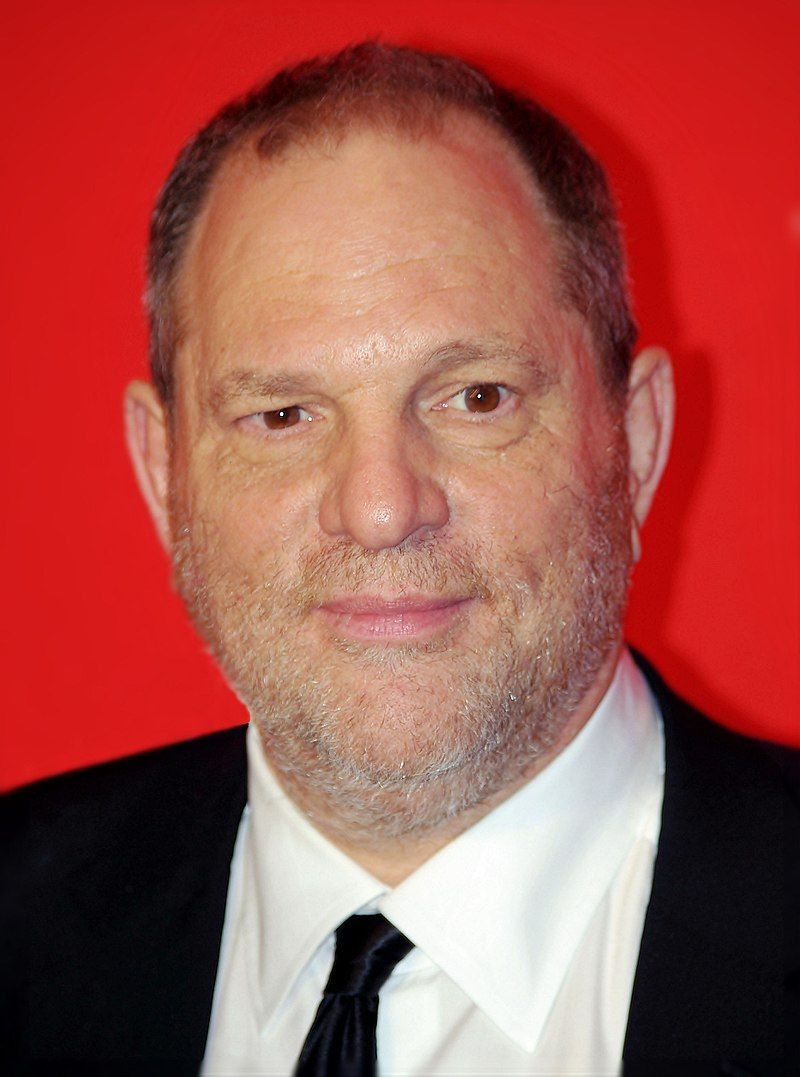
6. **Harvey Weinstein: The Architect of #MeToo’s Origins** Harvey Weinstein stood as one of the most powerful and influential producers in Hollywood for decades. Alongside his brother Bob, he produced an incredible array of films, from independent darlings like “Pulp Fiction” to Oscar winners such as “Shakespeare in Love,” shaping cinematic history and launching countless careers along the way. He was considered an untouchable titan, capable of making or breaking careers with a single phone call, and his awards shelf was undoubtedly full.
However, the dark underbelly of his immense power began to emerge in 2017 when serious reports surfaced, accusing Weinstein of using his position to sexually harass, assault, and rape various women over many years. These reports created a seismic shift, triggering a domino effect as more and more people came forward with their own stories of abuse and intimidation. This collective outpouring of experiences became the catalyst for the broader #MeToo movement, a global awakening about unchecked abuse in many industries.
Weinstein was among the earliest and most high-profile targets of the #MeToo era. He was arrested and, in 2020, sentenced to 23 years by a New York judge for the assault of two women, adding “convicted sex offender” to his resume. A further 16-year sentence followed in 2023, though his first sentence was overturned in 2024, leaving his legal saga ongoing. His fall from grace was not just a personal one; it exposed systemic issues within Hollywood and beyond, fundamentally altering conversations about power, consent, and accountability.
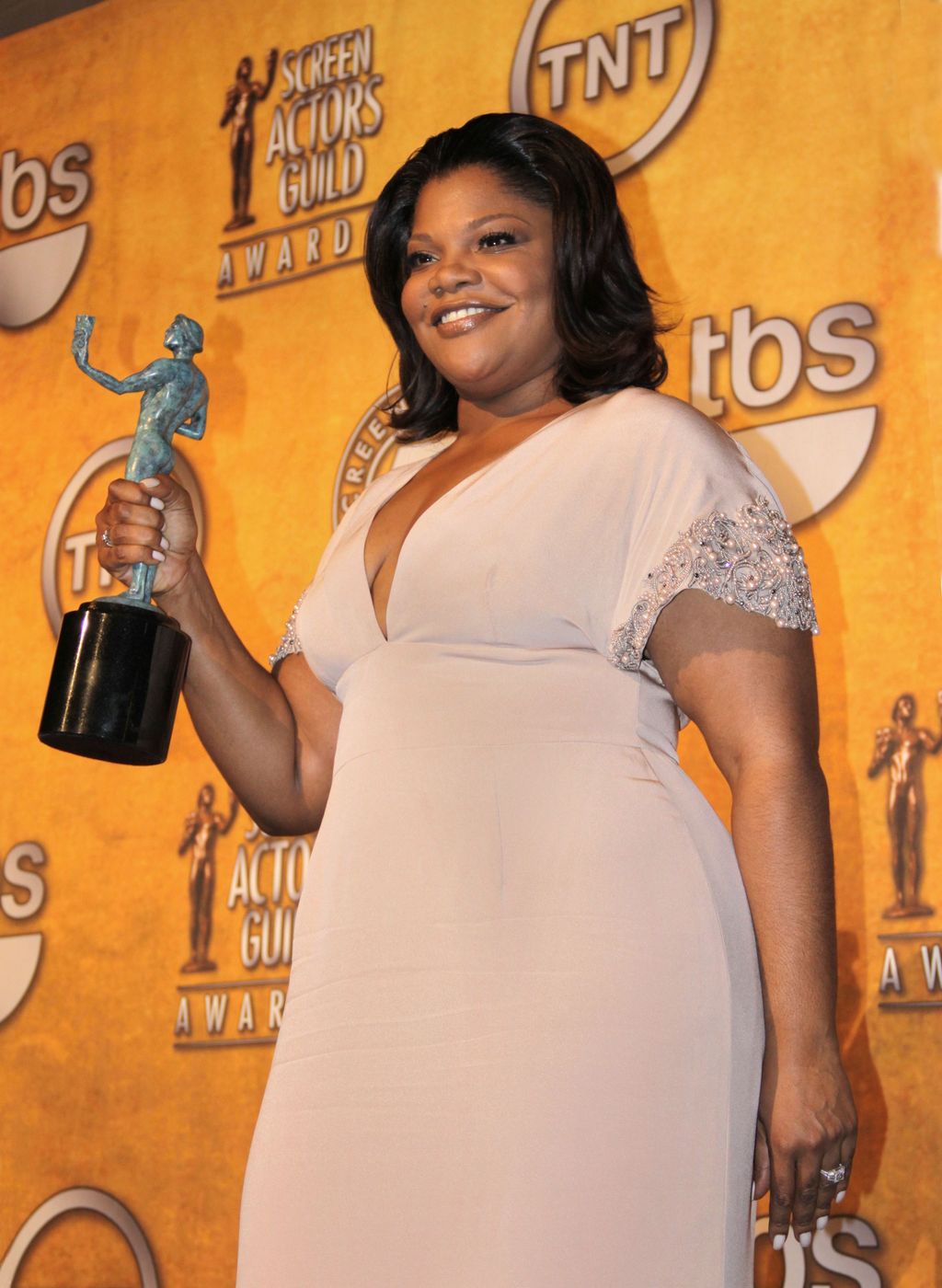
7. **Mo’Nique: The Oscar Winner’s Payback** Mo’Nique stunned the entertainment world when she took home the Best Supporting Actress Oscar in 2010 for her searing portrayal of the mother of the titular character in “Precious.” This was a powerful, acclaimed performance, and typically, an Oscar win heralds a significant boost in a performer’s career—not just in pay, but in a flood of new acting offers and opportunities. For Mo’Nique, however, the opposite proved true, leading to a period she describes as blacklisting.
Legend has it that Mo’Nique was shunned by the industry because she allegedly didn’t “schmooze enough” during Oscar season. This unwritten rule of Hollywood, which often requires extensive networking and public relations efforts even after achieving peak recognition, seemed to catch her off guard or was a path she chose not to pursue. Whatever the exact reason, the outcome was stark and undeniable.
Following her Oscar win, her acting jobs dwindled dramatically. The context indicates she only had seven acting jobs since her victory, with two of those still unreleased at the time of the information. This drastic reduction in work, especially for an Academy Award winner, highlights a different kind of Hollywood blacklisting – one rooted not in moral scandal or criminal acts, but in perceived transgressions against the industry’s unspoken social codes.
Hollywood’s glittering facade often hides a darker truth: the industry’s swift and sometimes brutal judgment. We’ve already delved into some of the most shocking falls from grace, but the stories of those who crossed Hollywood’s invisible lines don’t end there. Beyond the immediate shockwaves of sexual misconduct and social media gaffes, there’s a whole other category of exiles whose careers were derailed for reasons ranging from political disagreements to specific project failures, and even historical purges.
Get ready, because we’re continuing our deep dive into the fascinating, and often frustrating, cases of more superstars who found themselves on the wrong side of Tinseltown’s unspoken rules. These are the narratives that remind us just how precarious fame can be, and how quickly the dream can turn into a nightmare when you step out of line. Let’s peel back another layer of the silver screen’s scandalous history.
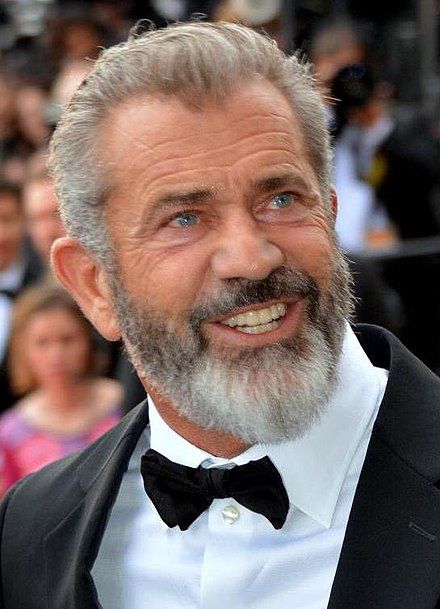
8. **Mel Gibson: The Outspoken Maverick’s Detour**Mel Gibson was once one of Hollywood’s biggest action stars and a respected director, even putting a hefty $30 million of his own money into making his 2004 passion project, “The Passion of the Christ.” The film was controversial from the start, facing allegations of antisemitism and extreme violence – the latter, as many who saw it would agree, was certainly true. Despite the uproar, devout audiences flocked to theaters, helping the film rake in an astounding $600 million worldwide, briefly taking the heat off Gibson.
However, that reprieve was short-lived. In 2006, Gibson found himself in hot water with Malibu police, arrested for driving under the influence. It was during this incident that he unleashed a now-infamous, alcohol-fueled rant, loudly proclaiming that “the Jews are responsible for all the wars in the world.” This explosive statement, widely reported, plastered the epithet “Mad Mel” across headlines and cemented his controversial image, alienating many within and outside the industry.
While Gibson did eventually sober up and has since returned to acting and directing, even earning an Oscar nomination for directing “Hacksaw Ridge,” the shadow of his 2006 outburst has never truly left him. His career, though active, has remained a far cry from its former glory, showing how deeply ingrained public perception can become. Some controversies leave a permanent mark, even after attempts at rehabilitation.

9. **Gina Carano: Fired from a Galaxy Far, Far Away**Former MMA fighter Gina Carano brought a unique blend of strength and charisma to her role as the warrior Cara Dune in the immensely popular Star Wars series “The Mandalorian.” Fans absolutely adored her character, who quickly became a fan-favorite, aiding the titular Mando and the beloved Grogu on their perilous adventures across the galaxy. It seemed like Carano had found her perfect niche, blending her real-life combat skills with a compelling on-screen presence in one of the biggest franchises on the planet.
But then came a social media post in 2021 that irrevocably changed her trajectory within the Star Wars universe. Carano shared an “awkwardly inappropriate statement,” drawing a comparison between being Republican in Hollywood today and being Jewish in Nazi Germany. This highly controversial post sparked immediate and widespread outrage, with many calling it insensitive and historically misguided, especially given the gravity of the Holocaust.
The fallout was swift and decisive: Lucasfilm, the studio behind Star Wars, wasted no time in firing her from “The Mandalorian,” and her character, Cara Dune, was never mentioned again in the series. While Carano has continued to find some acting work since, particularly in projects outside the mainstream Hollywood system, her image has undeniably taken a hit. Her mainstream career has struggled to recover, proving that even a popular role in a mega-franchise isn’t immune to the consequences of inflammatory public statements.
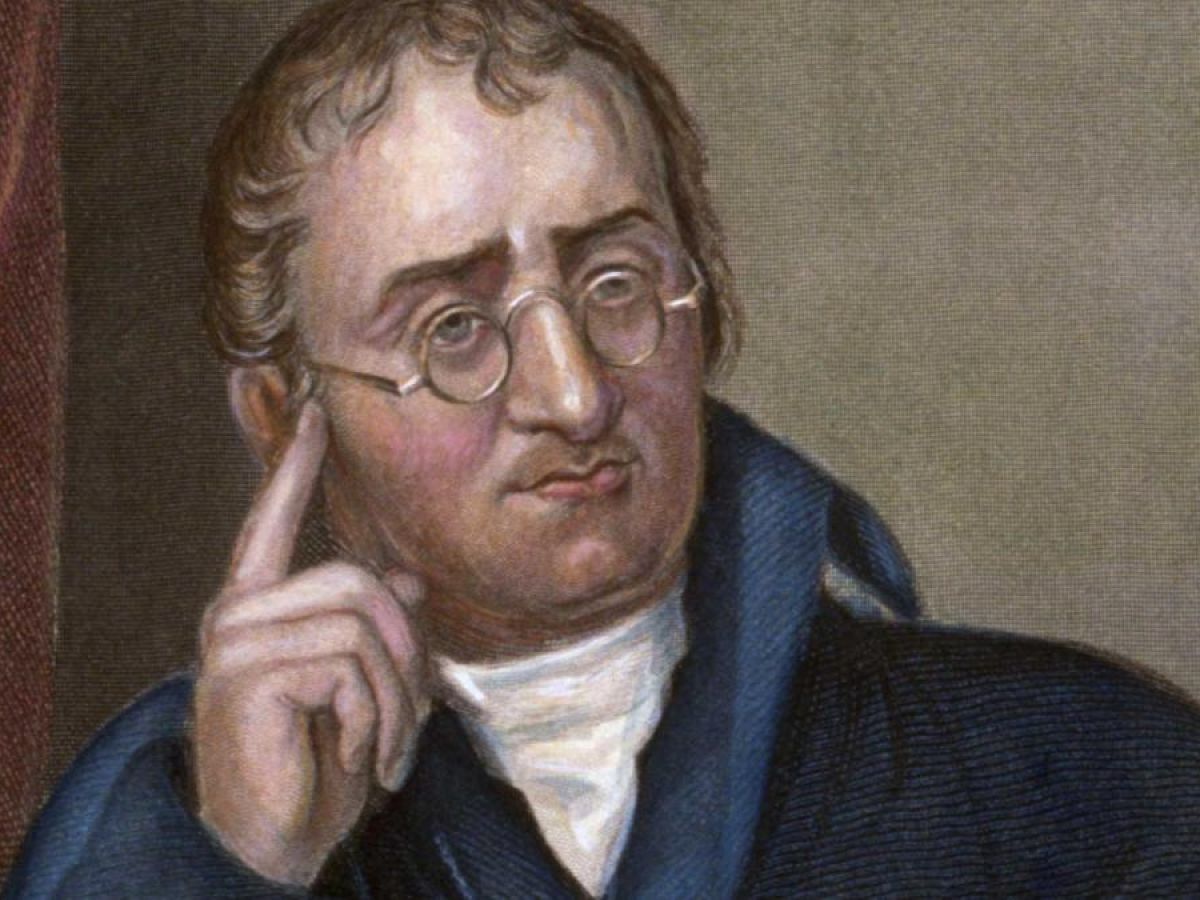
10. **Dalton Trumbo: The Pen Was Mightier (Even When Blacklisted)**Dalton Trumbo’s story takes us back to a darker chapter in Hollywood history: the notorious “Hollywood Ten” of 1947. This was a group of screenwriters who found themselves in the crosshairs of Senator Joseph McCarthy’s House Un-American Activities Committee (HUAC), accused of having communist sympathies during the intense anti-communist hysteria of the Red Scare. Being part of this “class” was a career death sentence, as they were promptly blacklisted from the industry.
Despite this severe blacklisting, Trumbo refused to be silenced. Demonstrating remarkable ingenuity, he and others in the Hollywood Ten devised a brilliant workaround: they continued to write scripts under dummy names or used friendly colleagues as “fronts” for their work. In a testament to his undeniable talent, Trumbo, through these aliases and co-writers, secretly won two Academy Awards for his screenplays: “Roman Holiday” and “The Brave One.” Imagine crafting Oscar-winning work while being officially shunned!
It wasn’t until many years later, once the fervor of the Red Scare had finally subsided, that the Academy formally acknowledged Trumbo’s true contributions and gave him his rightful credit. His remarkable resilience and refusal to let political persecution extinguish his creative spirit stand as a powerful historical example of Hollywood’s capacity for both injustice and, eventually, a measure of redemption, albeit a delayed one.

11. **Vanessa Marquez: A Tragic End After Workplace Accusations**Vanessa Marquez, an actress known for her role in “Stand and Deliver,” landed a significant recurring role on the hit medical drama “ER” for three seasons. However, her time on the show came to an abrupt end when she was dismissed from the series. What followed was a disturbing narrative that shed a harsh light on alleged abuses within the industry, preceding the more recent #MeToo revelations by decades.
Marquez bravely came forward, claiming that several key actors on the “ER” set, including the now-superstar George Clooney, had sexually harassed her. She asserted that her dismissal from the show was a direct consequence of her complaints about this mistreatment. Clooney, while expressing sympathy for her situation, publicly dismissed accusations that he had been responsible for her removal from the show or for her subsequent blacklisting within the industry.
Tragically, Marquez, who steadfastly maintained her account, struggled with mental illness throughout her life. Her story culminated in a fatal confrontation with police in 2018, bringing a heartbreaking end to a life marked by industry battles and personal struggles. Her case serves as a stark reminder of the often-unseen toll that workplace harassment and the struggle for justice can take on individuals, especially when facing powerful industry figures.
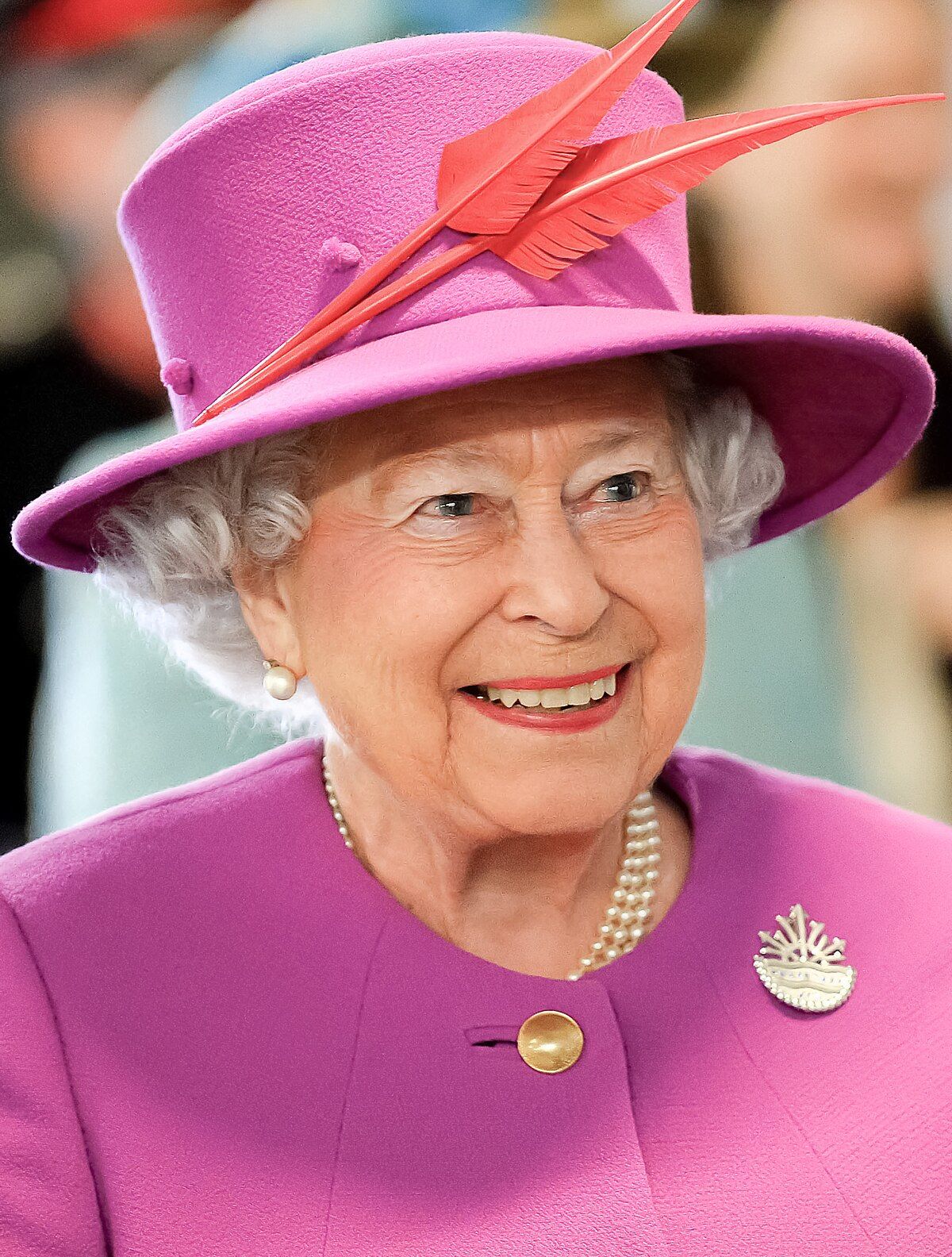
12. **Elizabeth Berkley: The ‘Showgirls’ Stigma**For many, Elizabeth Berkley was the charming and ambitious Jessie Spano from the beloved sitcom “Saved by the Bell.” Her career seemed poised for bigger things after her memorable run on the teen show. However, in 1995, she made a daring career move that, instead of launching her into superstardom, became the single defining—and almost career-ending—moment of her early adult acting life: the infamous film “Showgirls.”
“Showgirls” hit theaters with a resounding thud, quickly gaining a reputation as a notorious “flesh-fest.” Berkley went “all-in — and all-off” for her role as Nomi, an aspiring Las Vegas dancer who spends a significant portion of the film wearing very little. The movie was savaged by critics and became a widespread punchline, effectively becoming a cautionary tale in Hollywood. Berkley herself later stated that the film’s spectacular failure severely undermined her ability to secure major roles in the years that followed.
While the film has since gained a cult following and Berkley has continued to act, albeit not at the A-list level once predicted for her, its immediate impact on her career was undeniable. Her recent participation in a “Saved by the Bell” reunion, however, suggests that the public’s memory, at least, can be forgiving. Time does heal some wounds, even those inflicted by a cinematic flop of epic proportions.
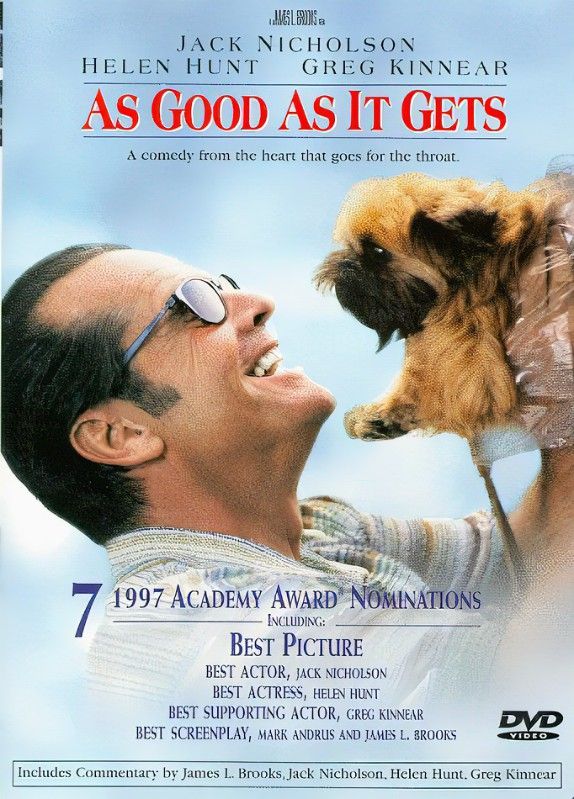
13. **Tara Subkoff: Another Victim of Weinstein’s Vengeance**Tara Subkoff appeared to be on the cusp of becoming Hollywood’s next “it-girl,” with promising roles in critically acclaimed films like “The Last Days of Disco” and “As Good as It Gets.” Her burgeoning career hinted at a bright future, suggesting she had the talent and presence to make a significant impact in the industry. Unfortunately, her trajectory was abruptly altered by a chillingly familiar force within Hollywood.
According to Subkoff, her promising career took a dark turn when she was approached by the then-omnipotent producer Harvey Weinstein. She claimed that Weinstein pressured her with sexual overtures, which she courageously rejected. In a pattern that would become disturbingly familiar years later with the rise of the #MeToo movement, Subkoff alleged that Weinstein, wielding his immense influence and power, retaliated by ensuring she was “blackballed all over town.”
The professional consequences were severe. Subkoff even decided to leave the entertainment industry for a period, pursuing other interests outside of a system that had, in her view, unjustly shut her out. Her experience stands as another painful testament to the pervasive abuse of power by figures like Weinstein, demonstrating how rejection of unwanted advances could lead to a systematic and career-damaging campaign of professional exclusion.
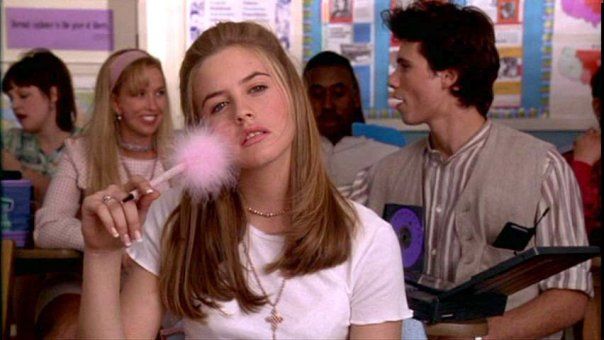
14. **Stacey Dash: Political Views and Professional Backlash**Stacey Dash, perhaps best known for her memorable supporting role in the iconic 1995 teen rom-com “Clueless,” seemed to have a promising career ahead of her. She navigated the entertainment landscape for years, but it was her increasingly vocal and often controversial conservative political commentary that eventually led to her professional difficulties within predominantly liberal Hollywood.
One particular instance that garnered significant media attention was her “notorious moment at the Oscars,” where she had a rather strange verbal exchange with Chris Rock, taking umbrage with the notion that she might not be “Black enough.” While the context acknowledges her right to her beliefs, her public statements took a sharp turn when, in 2016, she spoke out publicly against the existence of Black History Month. This stance ignited a firestorm of criticism and proved to be a line that the entertainment industry was unwilling to let her cross.
Following her controversial statements, the entertainment industry, as the context states, “turned its back on her.” While she has occasionally appeared in projects, her mainstream acting career has largely stalled since. Dash’s story is a powerful illustration of how, in an age where public figures are under constant scrutiny, expressing divisive political views, particularly those seen as insensitive or offensive, can lead to severe professional backlash and effective blacklisting in Hollywood.
From historical blacklists rooted in political paranoia to modern-day exiles born from social media missteps, and the enduring shadow of unchecked power, these stories paint a vivid picture of Hollywood’s complex and often unforgiving landscape. The path to stardom is paved with dreams, but the path back from scandal is often riddled with obstacles, forcing many to reinvent themselves or simply fade into Tinseltown’s ever-expanding history of what might have been. These narratives serve as compelling reminders that in the land of make-believe, the consequences of real-life actions can be profoundly, and sometimes permanently, real.



